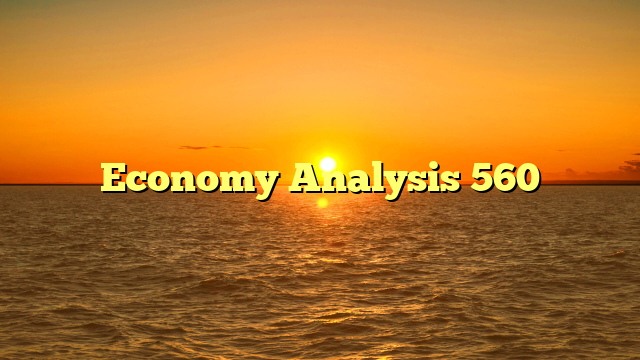
Economy Analysis 560 is reshaping economic decisions for households, firms, and
policymakers. In Middle East, the debate over economy analysis 560 has intensified as
growth shifts and prices adjust. The story is complex: climate change and energy
transitions are colliding with geopolitics, technology, and climate.
History offers perspective. Through the inflation surge of the early 2020s, governments
experimented with policy mixes that left lasting imprints on inflation, trade, and
investment. Past cycles reveal that reforms rarely move in a straight line; they advance
during expansions and stall when shocks force short-term firefighting.
Today, economy analysis 560 is entering a new phase as supply chains are rewired and
capital costs rise. Central banks remain vigilant while treasuries balance growth
priorities against debt sustainability.
Consider a central bank piloting a digital currency, which illustrates how strategy
adapts under uncertainty. Another example is a logistics firm rerouting ships around
chokepoints, signaling how private and public actors can share risks and rewards.
Technology and finance are central. gacototo computing, digital identity, and instant
payments are compressing transaction frictions and expanding market reach. Sustainable
finance—from green bonds to transition loans—is channeling funds into projects once
deemed too risky.
The obstacles are real: inequality and social cohesion and coordination across
jurisdictions have widened gaps between leaders and laggards. Smaller firms often face
higher borrowing costs and thinner buffers, making shocks harder to absorb.
Workers, consumers, and investors read these signals differently. Labor groups stress
job security and wages; businesses emphasize predictability; finance seeks clarity on
risk and return.
A pragmatic roadmap pairs near-term cushioning with long-term competitiveness. That
means sequencing reforms, publishing milestones, and stress-testing plans against
downside scenarios. For Middle East, credible follow-through will anchor expectations
and crowd in private capital.
Policy design matters. carbon pricing with dividends and independent regulators with
clear mandates can nudge markets in productive directions without freezing innovation.
If institutions communicate clearly and measure outcomes, economy analysis 560 can
support inclusive, durable growth.





